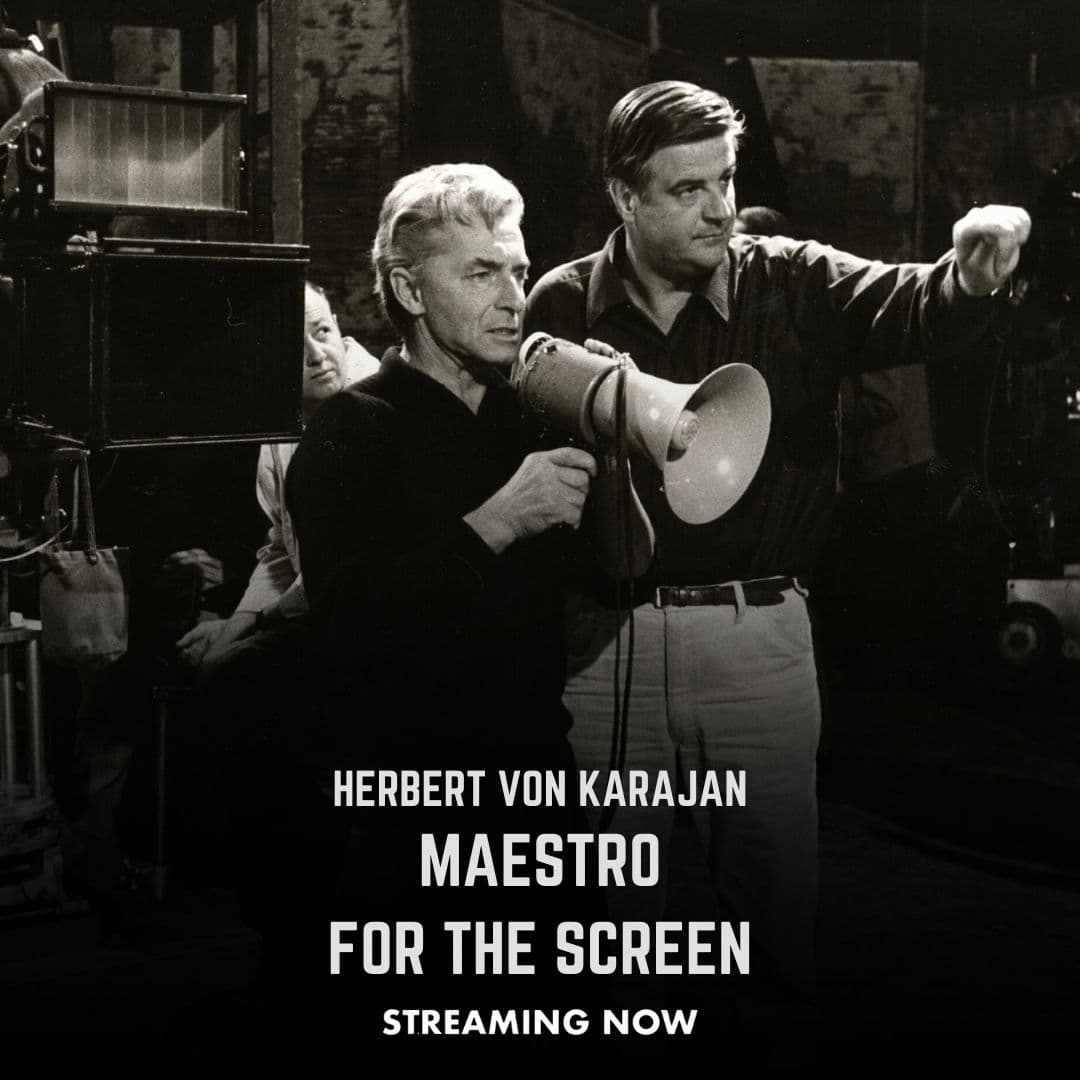Herbert von Karajan
Streaming Now
About Herbert von Karajan
Herbert von Karajan (1908–1989) is widely regarded as one of the most influential and celebrated conductors of the 20th century. Born in Austria, Karajan showed early musical talent and studied at the prestigious Mozarteum in Salzburg.
Karajan’s career spanned more than five decades, and he was best known for his interpretations of composers such as Beethoven, Brahms, Wagner, and Strauss. His tenure as Artistic Director of the Berlin Philharmonic (from 1955 to 1989) helped launch the orchestra to international acclaim, producing a wide catalogue of classical recordings.
Karajan was also famous for pioneering technology in the recording process, being one of the first conductors to embrace the LP and the CD format.

What are Herbert von Karajan's most famous recordings?
The conductor’s most famous recordings include Beethoven’s Symphonies, Wagner’s ‘Ring Cycle’, Brahms’ Symphonies, and Tchaikovsky’s ‘Nutcracker Suite’.
What was Herbert von Karajan's final performance?
Karajan's final performance was in 1989 when he conducted the Berlin Philharmonic in a performance of Beethoven's Ninth Symphony in Berlin.
What orchestras did Herbert von Karajan work with?
Karajan conducted the Vienna Philharmonic, the London Philharmonic Orchestra, the La Scala Orchestra, and the Orchestre de Paris. He was also associated with the Salzburg Festival and the Vienna State Opera.
How many recordings did Herbert von Karajan make?
Over his career, Karajan made more than 800 recordings, selling an estimated 300 million albums worldwide. His catalogue includes symphonic works, operas, and concertos.







